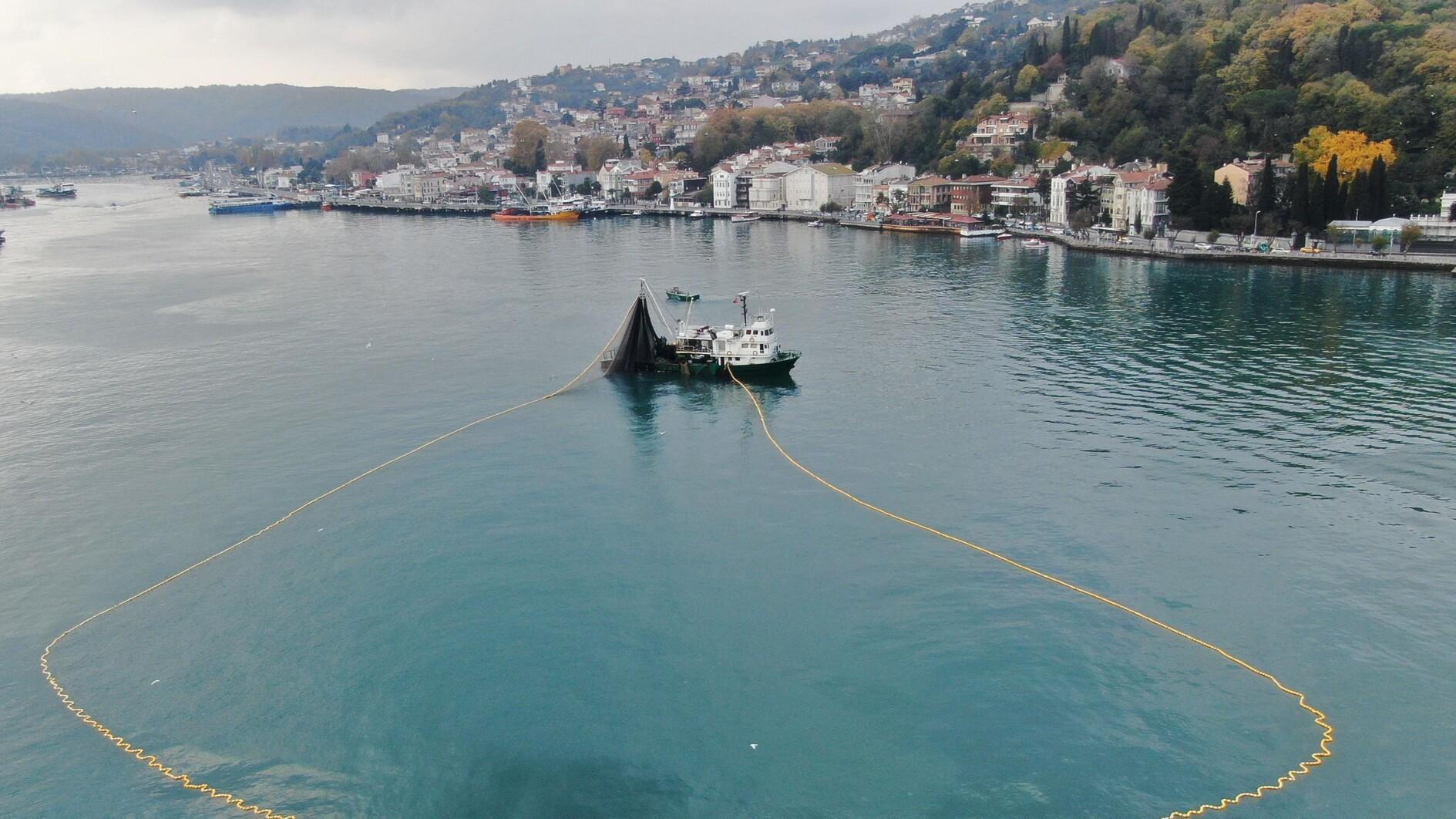
With the conclusion of the fishing season in the Turkish seas, the annual hunting ban has commenced to ensure wildlife conservation and sustainable resource management.
In a statement declaring the fishing ban starting from April 15, Agriculture and Forestry Minister İbrahim Yumaklı said that this year’s season witnessed a bountiful catching.
The seasonal end marks a ban on industrial fishing activities until Aug. 31, with exemptions granted for small-scale coastal fishermen. A fishing ban is imposed every year between April 15 - Sept. 1 to preserve fish eggs and ensure sustainable fish farming.
On the other hand, fishermen will be able to continue purse seine and trawl fishing in international waters during the four-and-a-half month fishing ban period, provided that they obtain permission from the ministry and comply with the determined rules.
As the fishing hiatus commences, Yumaklı reassured that public fish needs could be sufficiently met through small-scale and cultivated fisheries during the summer months.
The ministry conducted rigorous inspections and enforcement activities, resulting in seizures of almost 600 tons of poached products and fines totaling around 74 million Turkish Liras ($2.2 million) imposed on violators.
Yumaklı outlined plans to introduce new regulations for the upcoming season, informed by scientific research and stakeholder input, aimed at preserving aquatic resources for future generations.
"New rules based on sustainability within the balance of conservation-utilization will be put into practice. It is important for the future of fish and fishermen to comply with the bans imposed during the reproduction and growth period of fish in order to maintain the aquatic wealth of our country in a sustainable manner by taking into account scientific, environmental, economic and social factors," he stated.
For the Aegean province of İzmir, a prominent fishing hub with an annual catch of approximately 5,000 tons where the ban is being mulled, Mustafa Şahin from the ministry’s provincial office underscored the importance of adhering to fishing regulations.
With hefty administrative fines ranging from 8,000 to 200,000 liras slated for violators, Şahin highlighted ongoing efforts of maritime authorities to combat illegal fishing.
He stressed the critical role of compliance with prohibited periods in safeguarding fish populations for future generations, urging public cooperation and awareness.
"If there is no buyer during the ban period, there will be no seller. Consumers can see which fish is in the banned period on our website," he said.
"Consumers should be aware of the ban to avoid buying fish under protection during this period. They will also contribute to the transfer of fish to the next generation by showing responsible behavior."